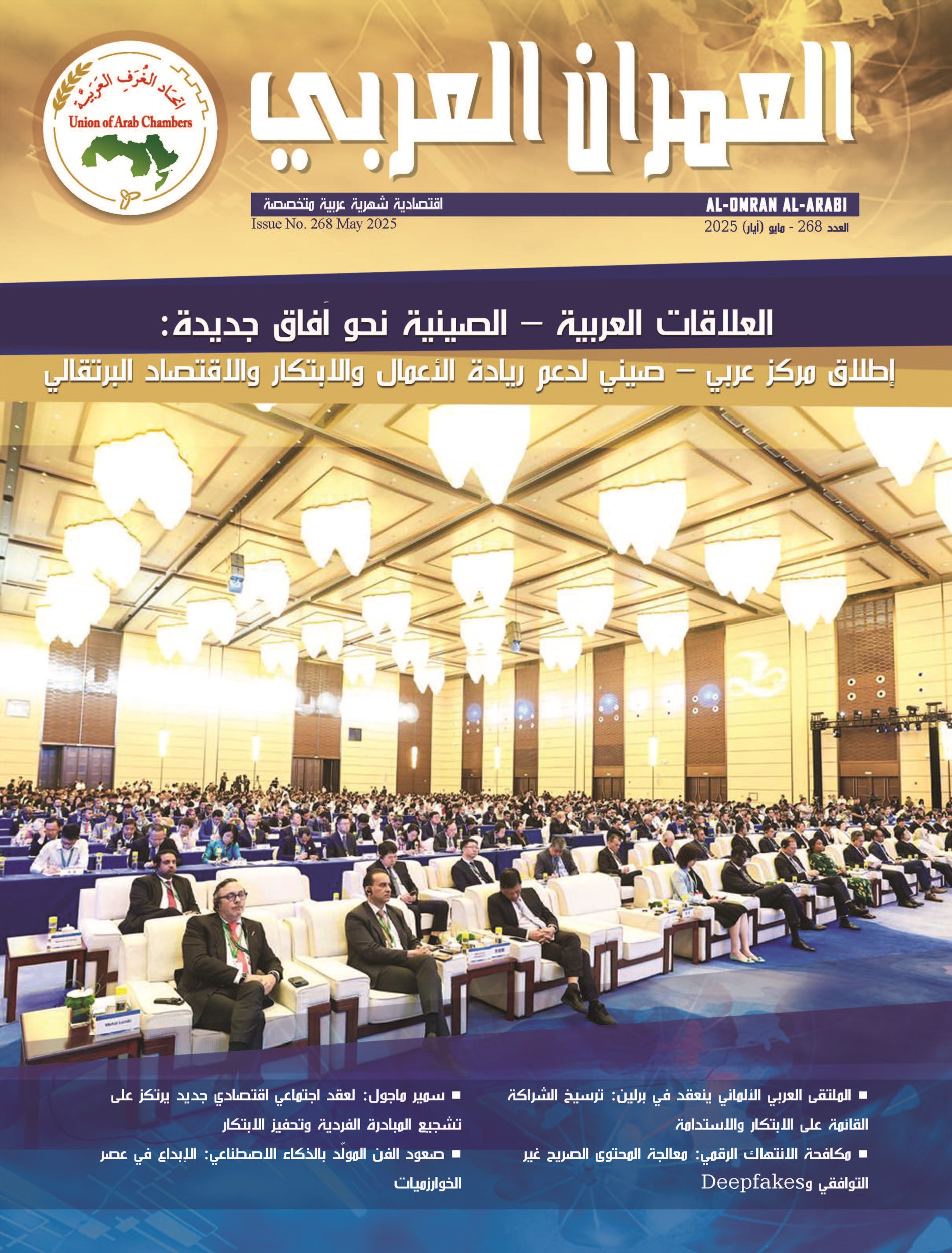
World Trade Organization..
The Destination and the Desired Outcome amidst Economic Changes and Trade Wars
Amid escalating global trade tensions since US President Donald Trump took office, attention has been focused on the World Trade Organization (WTO), the challenges it faces, and the roles it will play, particularly in maintaining the smooth flow of trade transactions on the international stage. Given the emerging reality, the fundamental question is whether it can achieve this. Today, however, we are witnessing the decline of this organization, which was founded in Geneva in 1995, with the support of the United States and Europe, with the aim of ensuring the smooth flow of global trade and providing a platform for settling economic disputes. This organization replaced the General Agreement on Tariffs and Trade (GATT).
Today, with trade tensions escalating between major economic powers, this moment may be an opportunity to emphasize the importance of the organization's role in effectively achieving these goals. The WTO was created specifically to address such crises by providing a platform for dialogue, mitigating the escalation of conflicts, and fostering an open trade environment that can predict future developments.
The question is: Is this possible? Especially since US President Donald Trump is indifferent to the rules set by the World Trade Organization, and the United States acts as if it is not part of the WTO when it comes to tariffs.
WTO membership entails a set of privileges and obligations. The cornerstone is access to global markets on fair and verifiable terms. Members enjoy the benefit of non-discriminatory trade. Commitments also include lower tariffs, avoiding quotas, and facilitating the flow of trade through effective customs procedures. The Trump administration views the trade deficit as a negative issue and has used tariffs to reduce it, ostensibly to protect American industry.
However, the danger is that these measures could lead to a mutual escalation that could turn into a full-blown trade war, involving multiple countries and economic sectors. Meanwhile, the World Trade Organization can do little to compel the United States to adhere to international trade rules.
By the mid-2000s, China had adopted various strategies, such as providing subsidies, low-cost loans, and mandatory technology transfers. It was able to achieve a competitive advantage in industries such as electric vehicles, steel, and shipbuilding. In contrast, manufacturing jobs in the United States and the European Union saw a significant decline, leading to strong political reactions. The WTO's failure to address what some in the European Union and the United States considered unfair practices by China has frustrated Washington, and the United States has concluded that the WTO is not the appropriate vehicle for resolving its problems with China.
In contrast, Beijing continues to resort to the World Trade Organization to raise its issues with the United States. As soon as Trump imposed a 10 percent tariff on all Chinese goods exported to the United States, China immediately filed a complaint with the WTO and later responded by imposing 15 percent tariffs on certain American agricultural imports, including chicken and corn. A WTO panel could rule that Trump has violated trade rules, as was the case in 2020, when the panel found that his tariffs on Chinese goods violated trade rules.
However, China's victory, which would in principle require Trump to withdraw his tariffs, would be primarily symbolic. The United States could appeal, but this would achieve nothing due to the WTO's ineffective Appellate Body. Nevertheless, Beijing appears to see some merit in this process.
Despite this, the WTO remains relevant. It continues to support its members in resolving trade disputes, even in the absence of an active appellate body, albeit less effectively. In recent years, consultations have taken place on disputes related to intellectual property rights, agricultural trade, and anti-dumping measures. However, the WTO today suffers from an inability to make legally binding decisions due to the lack of an effective appellate body. Clearly, the WTO is not in a good position. However, this institution could be sustainable, even under Trump.
